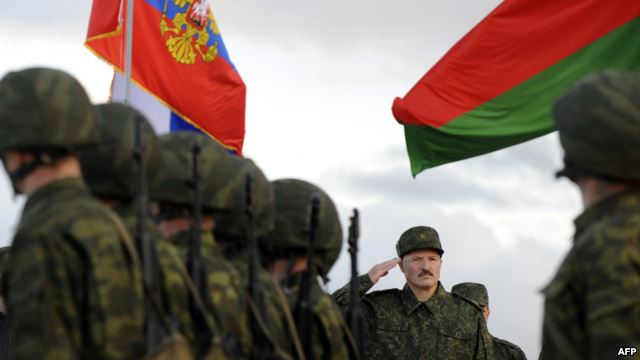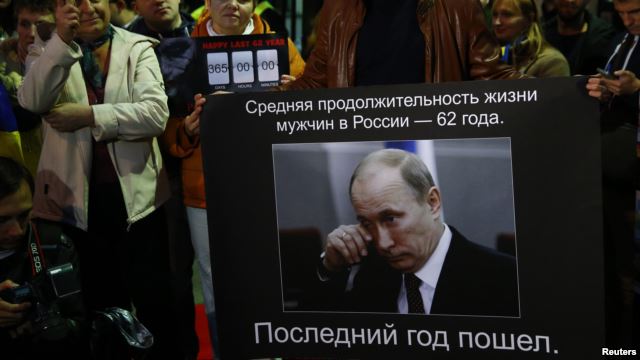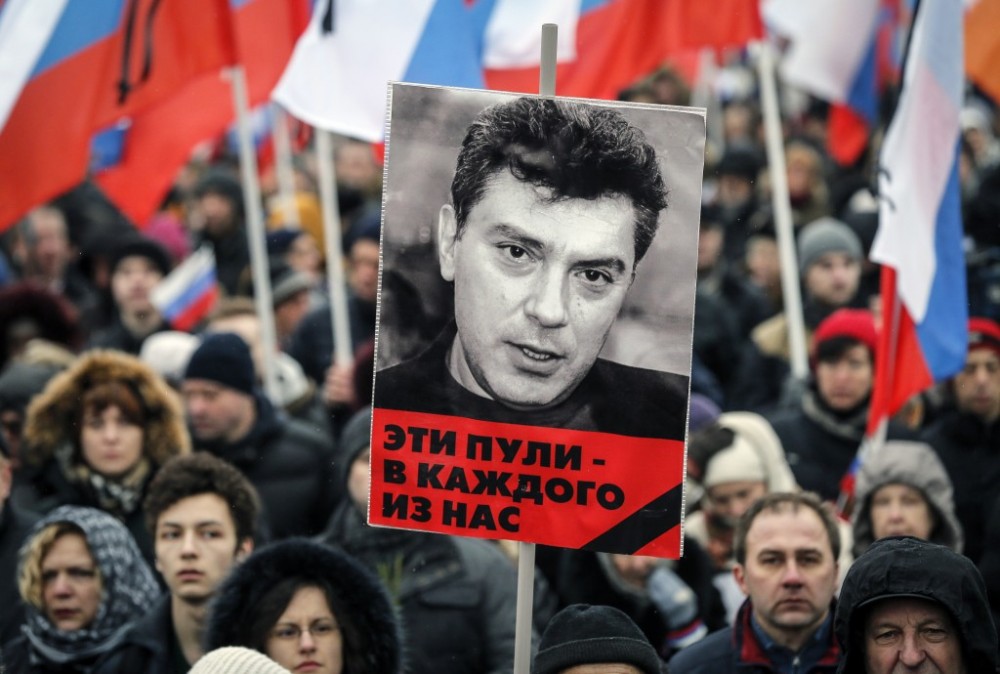Despite Vladimir Putin’s having put the Russian language at the center of his ideas about a “Russian world,” ever more people recognize that in Ukraine and elsewhere, many who speak Russian even as their first language identify not as Russians in the way the Kremlin leader hopes but as loyal citizens of other countries.
Putin’s misconception of the role of the “great and powerful” Russian language is not limited to that, however. As Aleksandr Lyabin points out in today’s “Komsomolskaya pravda,” the Russian language is far less unified and unifying within the Russian Federation than most people have been led to think.
Lyabin discusses some 150 words used by Russian speakers in various parts of the country but not in others and argues that this shows “the wealth of the language.” But at the same time, he points out that most of these words confuse Muscovites or people from other parts of the Russian Federation who have no idea what they mean.
And while he does not cite Bernard Shaw’s classic observation that “England and America are two countries divided by a common language,” it is clear from Lyabin’s 3800-word article that today, Russians in Russia are becoming increasingly “divided” by dialects within the language Putin insists is the basis of unity.
Although the existence of dialects within Russian has been known to experts for a very long time, Lyabin’s article brings that issue very much into the center of public attention in a way that not only calls into question the success of Moscow’s effort to promote standard Russian but also challenges the self-confident assumption of many Russians that their language like their nation remains an assimilator and unlike others is not at risk of assimilation.
As Lyabin shows, many of the words Russians have incorporated into their language are taken from the peoples they live among or near, from non-Russian nations within the Russian Federation like the Tatars, Buryats, and Udmurts – or even from neighboring countries like China, Ukraine, Latvia and Estonia.
Among the many regional Russian usages he discusses are those found in Irkutsk, in Pskov oblast, and in St. Petersburg.
In Irkutsk, he says, people routinely use words that a visitor from European Russia would have no idea as to their meaning. Some of these are inherited from the ancient Turkic peoples who populated the region. Others come from words developed by the first Russian colonizers. And still others come from Chinese or other oriental languages.
In Pskov, he says, Russians have replaced the letter “ch” with the letter “ts” in many words, something that makes them unintelligible to many outsiders. According to the Moscow journalist, these substitutions in many cases reflect “the strong influence” of Belarusian, Latvian, Estonian and Ukrainian languages on Russian speakers in Pskov.
And in St. Petersburg, natives use many words that no Muscovite would, Lyabin says, although he notes that he Northern capital has often been the path in for foreign words that then spread to the rest of the country. For example, people there began using the word “ban-lon” for sweaters of a particular type, although they have now corrupted that to “badlon.”
The “Moskovsky komsomolets” journalist freely admits that he has touched only the tip of this iceberg, and he invites his readers to send in other examples so that he will be able to compile a dictionary for the perplexed. The postings so far suggest that this is likely to be a growth industry in the coming days.








